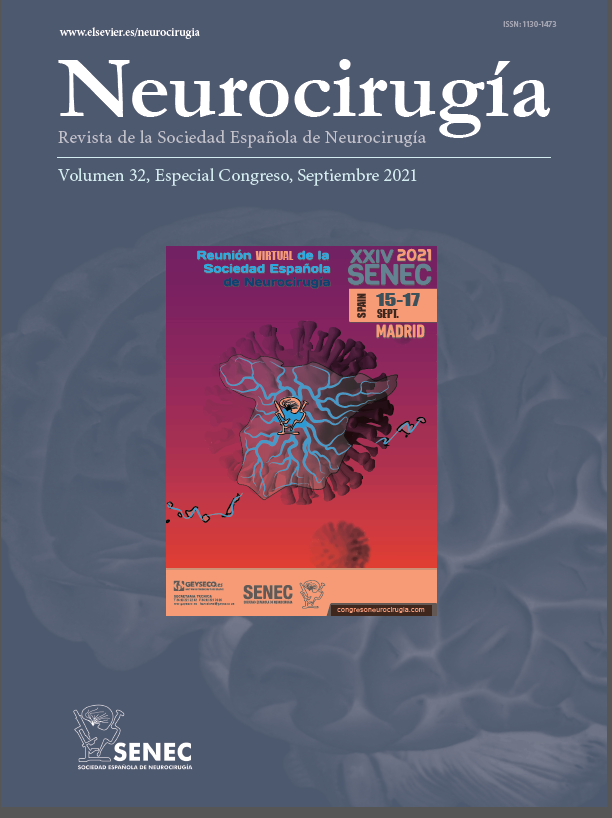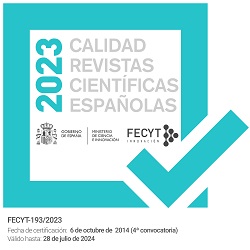C-0046 - ROLE OF PEDICLE SCREW AUGMENTATION IN DECREASING THE REOPERATIONS RATE FOLLOWING POSTERIOR LUMBAR INTERBODY FUSION
Unidad de Cirugía Espinal Compleja y Mínimamente Invasiva, Neurocentro Salta-IMAC Instituto Médico de Alta Complejidad, Salta, Argentina. Unidad de Cirugía Espinal, Hospital del Mar, Barcelona, Spain.
Objectives: The main long-term causes of reoperation following PLIF are adjacent segment disease and screw loosening. The objective of the present work is to determine the relevance of pedicle screw loosening in the reoperation rate after lumbar interbody fusion, identify risk factors and incidence, and assess the impact of pedicle screw augmentation.
Methods: We analyse retrospectively the data of 278 patients who underwent posterior lumbar interbody fusion, and 44 patients who underwent posterior lumbar interbody fusion with pedicle screw augmentation between March 2015 and July 2020 looking for screw loosening, reoperation rate and other surgical complication. The mean of follow-up was 19.6 ± 8.2 months (range, 6 to 70 months). As part of the post-operative patient’s study protocol, 24h. 6 months ± 12 months CT scan was performed.
Results: 34 patients underwent a reoperation (12.2%) at our spinal unit after lumbar interbody fusion. Revision because wound or deep infection was excluded. The main reoperation causes were ASD (11 patients /4%) and screw loosening (21 patients /7.5%). Although screw loosening was diagnosed in 24 patients (8.6%). Distribution according age groups was; under 40 years old 2 of 73 patients (2.7%) between 40 and 65 years 7 of 118 patients (5.9%) and in patients older than 65 years 12 of 87 patients (13.8%). Screw loosening in patients with augmented screws could be diagnosed in 1 of 44 patients (2.3%).
Conclusions: Pedicle screw augmentation decreases significantly the screw loosening and the reoperation rate. Efforts toward prevention adverse occurrences are the next step in spinal surgery. Knowledge of rates of PLIF complications are essential when indicating surgery and informing the patient of its risks. Screw loosening becomes the most important quantitative long term surgical complication, as lumbar interbody fusion is increasingly common in osteopenic or osteoporotic patients due to the aging of the population.







